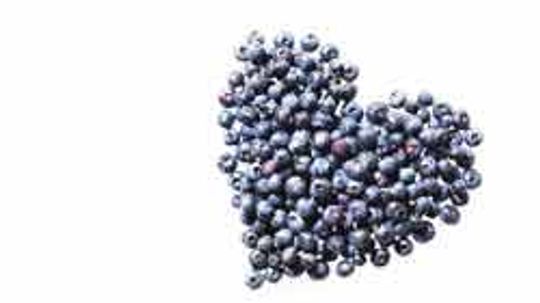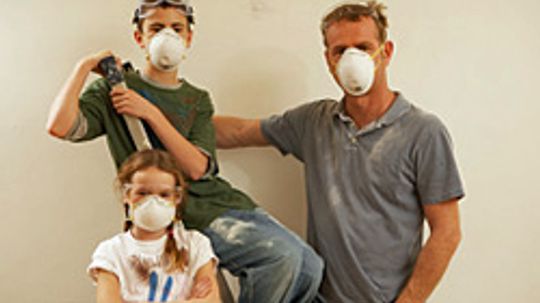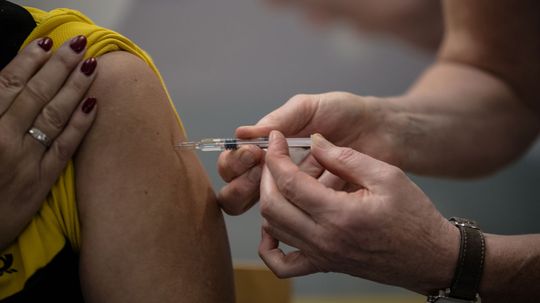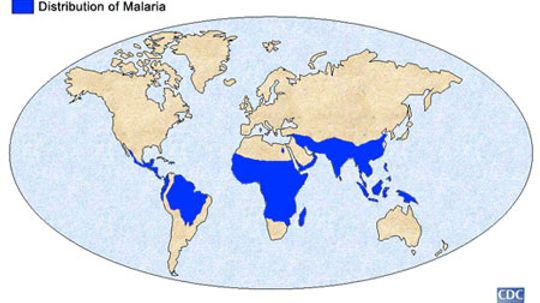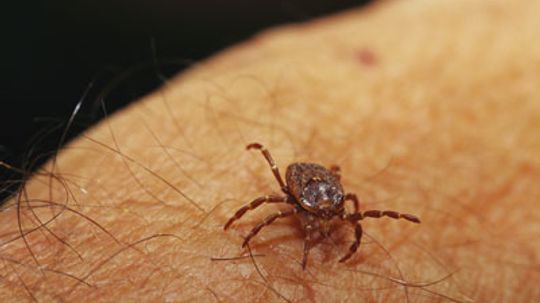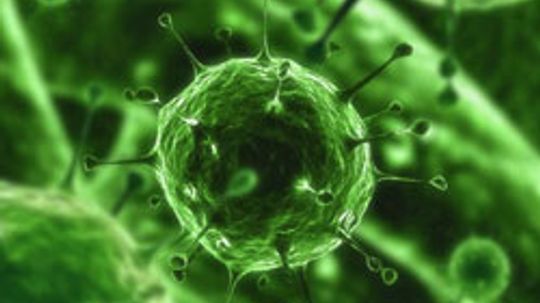Preventive Care
Preventative care and services are performed in an effort to prevent major illness or injury. Learn about some of the different types of preventative care you can take along with specific prevention for men, women and children.

How to Clean Retainers for Optimal Oral Health
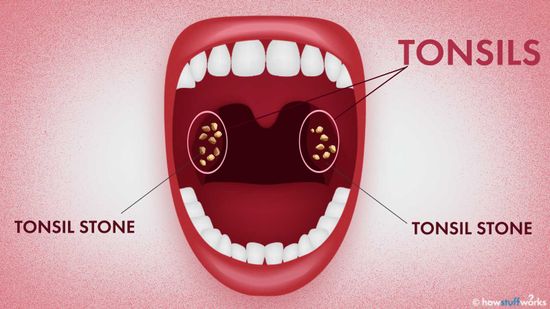
What in the World Are Tonsil Stones?
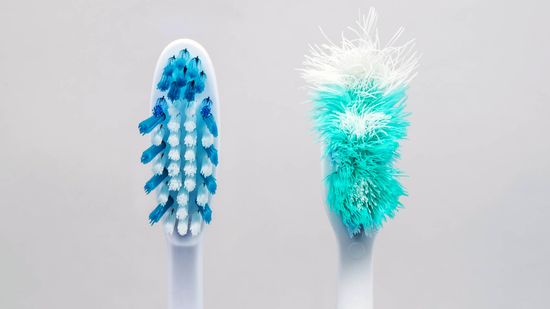
How Often Should You Replace Your Toothbrush?

Why You May Like Floating in a Sensory Deprivation Tank

Is Cold-Shocking Your Body After a Sauna a Good Idea?

IV Drip Bars Are a Hot Trend, But Are They Safe?

20 Most Obese Countries in the World

How Many Miles Are In 10,000 Steps?

Are Minimalist Running Shoes the Key to Fewer Injuries?
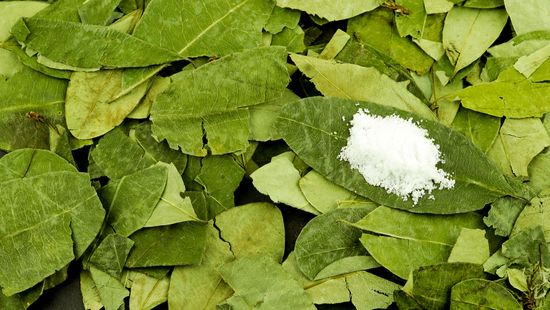
Where Does Cocaine Originate From? All About the Coca Plant

What Are DMT Elves and Who Reports Seeing Them?
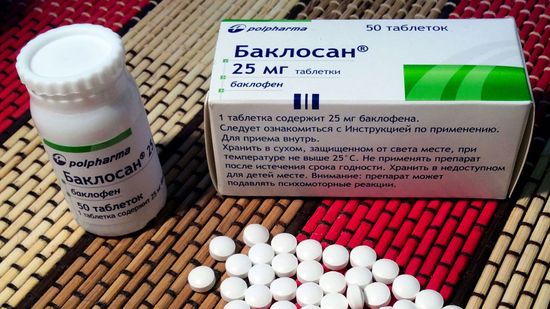
Why Anti-anxiety Drug Phenibut Is So Controversial

The 3 Most Walkable Cities in the U.S. Are on the East Coast

Phthalates Are Everywhere and Scientists Are Worried
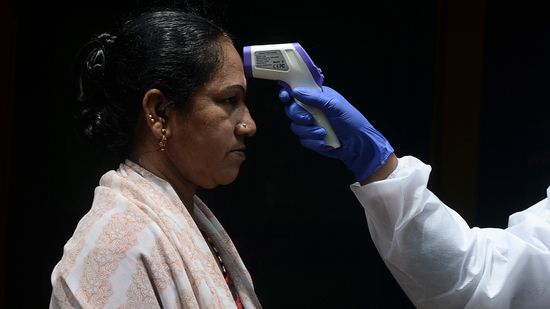
People's Bodies Now Run Cooler Than 'Normal' — Even in the Bolivian Amazon

The Worst Bottled Water Brands Are Basically Filtered Tap Water

10 Types of Magnesium Supplements You Should Know

Healthiest Bottled Water: 12 Options Available in Stores

Sound Frequency Healing: The Power of Vibrations for Well-Being

Kava Is Natural and Legal, But Is It Safe?

6 Handy Uses for Witch Hazel

10 Organizations That Want to Help You Quit Smoking

When did humans start smoking, anyway?

Is it really possible to be a social smoker?

Deepak Chopra Wants Us to 'Let Go and Flow' in 2022
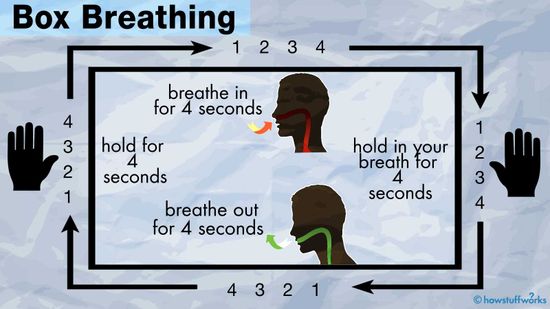
Box Breathing Could Help Curb Your Freak-out Moments

Isolation and Monotony Stress the Brain. Here's How to Cope

Have Most Plastic Surgeons Had Surgery Themselves?
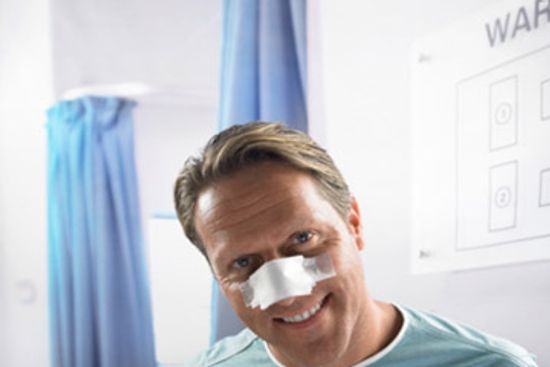
Getting Used to a New You (How to Emotionally Recover from Cosmetic Surgery)

Smart Liposuction Overview

Who Is the Oldest Living Person? And the Oldest to Ever Live?
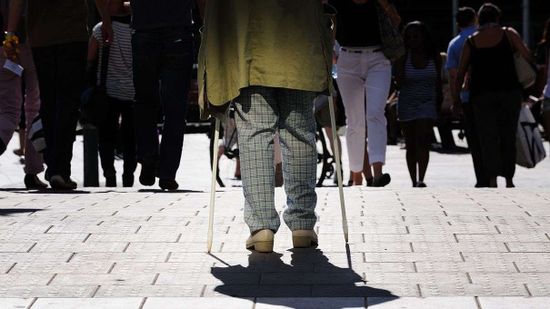
One in Six Say They'd Rather Die 'Young.' What Age Is That?

Warding Off the 'Retirement Curse'

What Do Pheromones Do to People and Animals?

Man's War With Unwanted Body Hair

Why Aren't There More Patterns in Male Pattern Baldness?

Menstrual Leave: An Idea Whose Time Has Come?

Do Too-tight Jog Bras Impair Breathing?
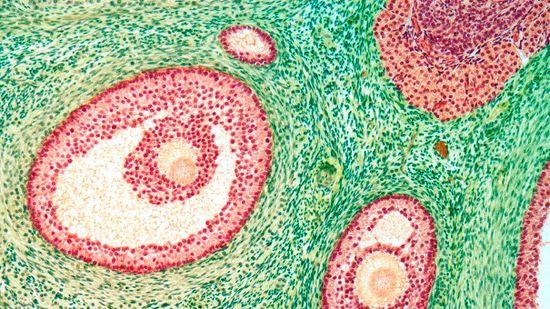
Polycystic Ovary Syndrome on the Brain
Learn More / Page 2
People are buying probiotics in droves because they're supposed to have a lot of health benefits. But is that true or just hype?
Heart disease is one of the top causes of death in the United States. Do you know how to take care of your heart? Take a look at this gallery to see how to stay healthy.
Carbon monoxide has been called "the senseless killer" because it is a colorless, odorless, and tasteless gas. Learn more about carbon monoxide and what you can do to minimize your exposure to it.
Advertisement
Your home might feel like a safe haven but it does present many dangers that you should be aware about. Check out this article that is filled with helpful content on how to improve the safety of your home.
Sodium is essential to life, but too much of it can cause edema and contribute to high blood pressure. The average American eats almost four times the recommended sodium intake per day.
Preventative care and services, like immunizations and yearly physicals, are performed in an effort to prevent an illness or injury. Find out if they make a difference in your health.
Vaccinations are largely viewed as the most successful medical advancement in the history of public health. But who came up with the idea for vaccines? And do we give too many shots now?
By Alia Hoyt
Advertisement
In 2007, Chinese-made products were taken off the shelves in what could be record-breaking numbers. Everything from toys to toothpaste to dog food to computer batteries were found with dangerous or toxic levels of lead.
Malaria is curable and preventable. Learn about efforts underway to eradicate malaria and how you can protect yourself when you travel to countries where malaria is common.
By Sherry Kahn
Parasitic infections that are contracted through skin contact or infected bedding, clothing or animals includes body lice, scabies and ticks, and can lead to bumps, rashes, or even Lyme disease. Learn about preventing parasitic infections.
Urinary tract infections (UTIs) are common, but they can be uncomfortable and annoying. Learn the causes, symptoms, and treatment options for bladder infections (cystitis), kidney infections (pyelonephritis), and yeast infections.
Advertisement
When stomach infections strike, you're left feeling like you've been run over by a truck. Learn how to avoid most culinary bacteria with a little awareness and plenty of soap and water.
Any infection that makes it difficult to breathe is no laughing matter. You may be able to prevent most respiratory infections by taking some simple precautions. Follow these tips and you'll be breathing easier for years to come.
You might not want to talk about them, but sexually transmitted diseases can be extremely dangerous to your health. Keep your private parts working their best by finding out more about STDs here.
It's hard to put your best face forward when it's covered in sores, or when it feels like your throat is being attacked with tiny knives. Learn about some of the most common throat infections.
Advertisement
The bacteria and viruses that cause harmful infections are lurking everywhere, from hospital rooms to your neighbor's hand. Arm yourself against infection by following the preventative tips outlined in this article.
Owning a pet can be good for your health. Read about the science behind why we own pets and how they can benefit our health and happiness, especially as we age.

